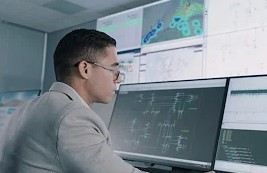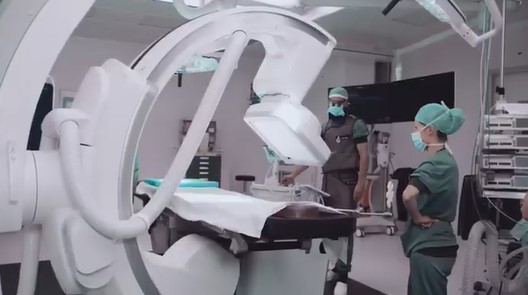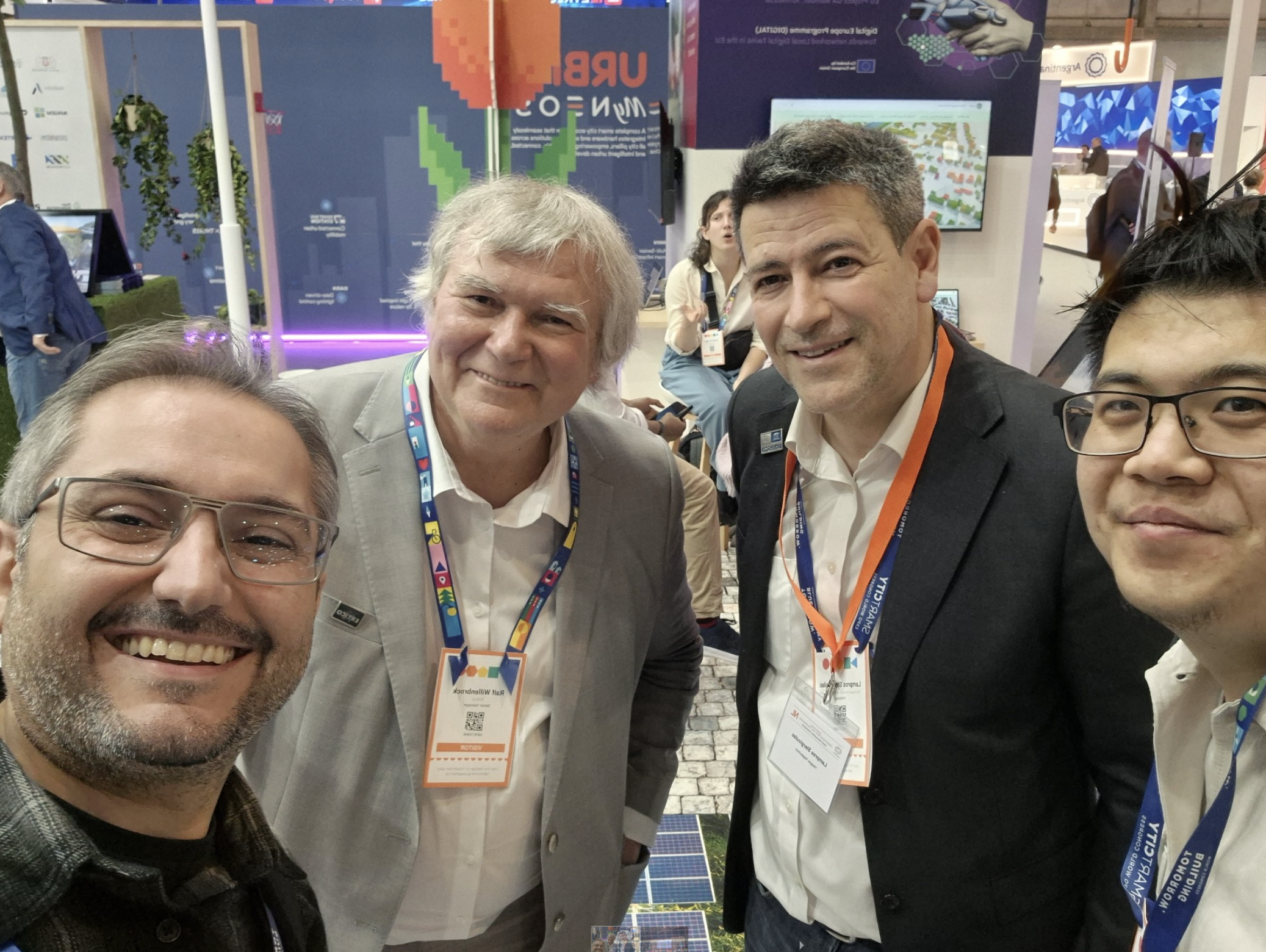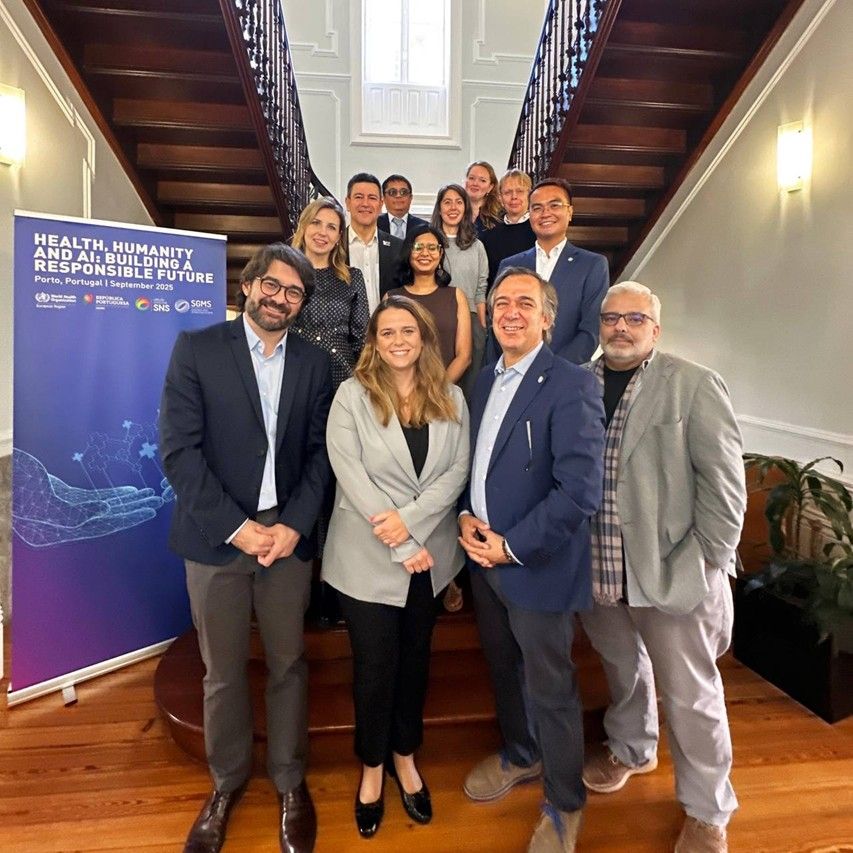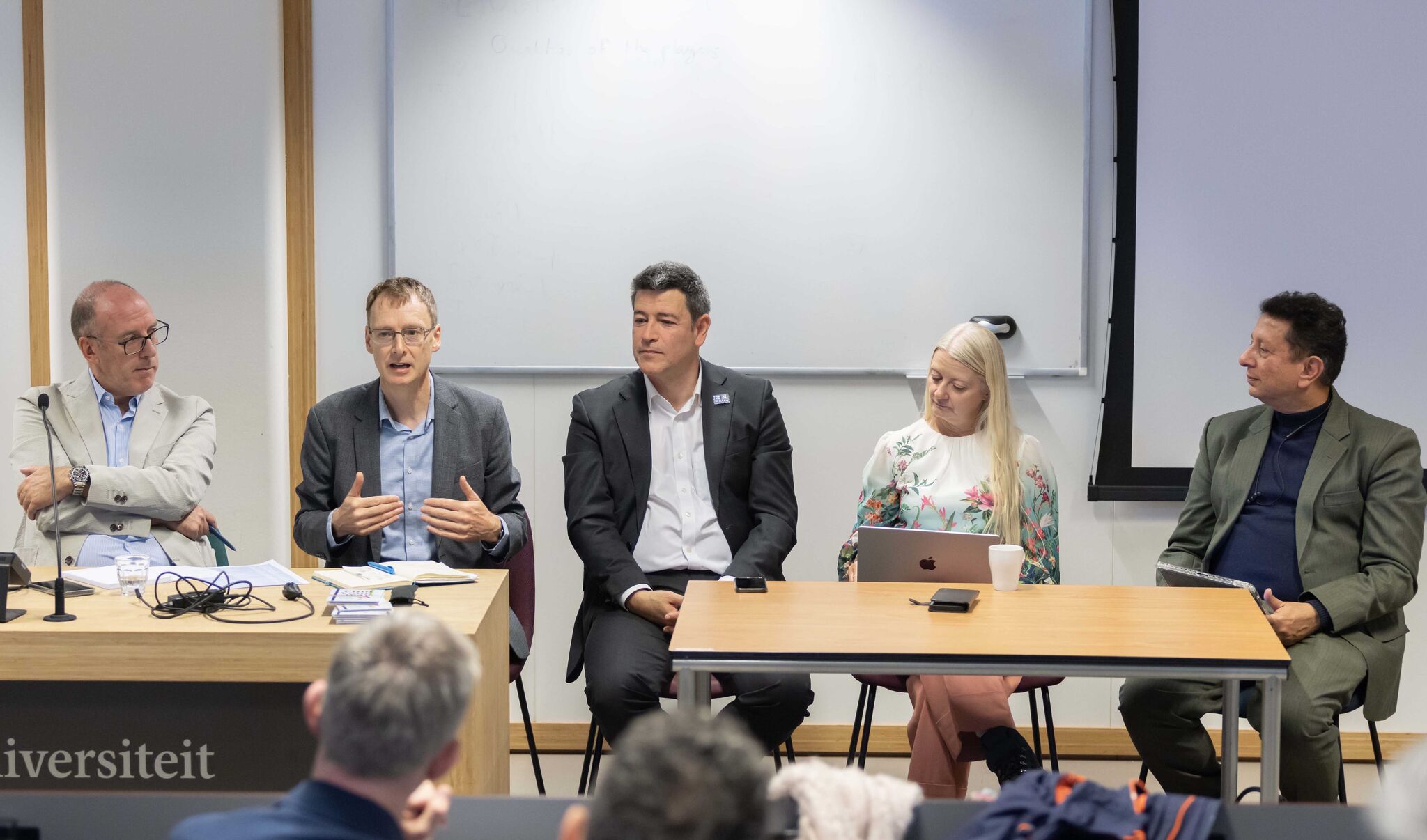Introduction
Data science, a fast-growing interdisciplinary field of science, is the main driver for innovation in the coming years. The Data Science research group is focused on conducting world-class research in the field of human-centered applied data science and artificial intelligence.
Through the use of methods, algorithms, technologies and/or tools we generate insights from data allowing us to discover important patterns and make predictions. These data and the insights gained from them are used to support decision-making, management, governance and policy in a chaotic world from a human perspective.
About the research group
Career of the future
A position as a data scientist is viewed as the best future career. In several areas decision-makers use data in order to achieve balanced policies. Through the application of various data science methods, our research group conducts applied research aiming provide valid and practically-feasible solutions.
How data science can help tackle modern challenges
The challenges faced in applied data science are very broad. For example:
How can we support policies with the transition towards more sustainable energy resources? How can we use data to make ‘smart mobility’ even smarter? How can we increase participation of civilians and improve the relevant policies? How can we support decision-making - for example, in the case of suddenly occurring pandemics? In the healthcare domain, how can we improve awareness and engagement of patients through the use of data?
Support through data science
How can the applied research of the Data Science research group support society in answering the aforementioned questions? We do this, for example, through the development of new methods for faster and better evaluation of an important vaccine; through prediction of the effects of measures aimed at limiting the spread of contagious diseases; through the prediction of the social readiness of residents to participate in energy transitions; orr through the development of new dynamic planning systems for autonomous vehicles.
About the professor
dr. Lampros Stergioulas
Lampros Stergioulas is affiliated to The Hague University of Applied Sciences as a professor of Data Science and AI. At the Faculty IT & Design he leads the Data Science research group. Previously he was a chaired professor in Business Analytics and Computer Science at Surrey Business School of the University of Surrey (South-East England) and in the Department of Computer Science of Brunel University London. Since January 2022, he is the holder of the Unesco Chair 'Artificial Intelligence and Data Science for Society' awarded to THUAS for four years.
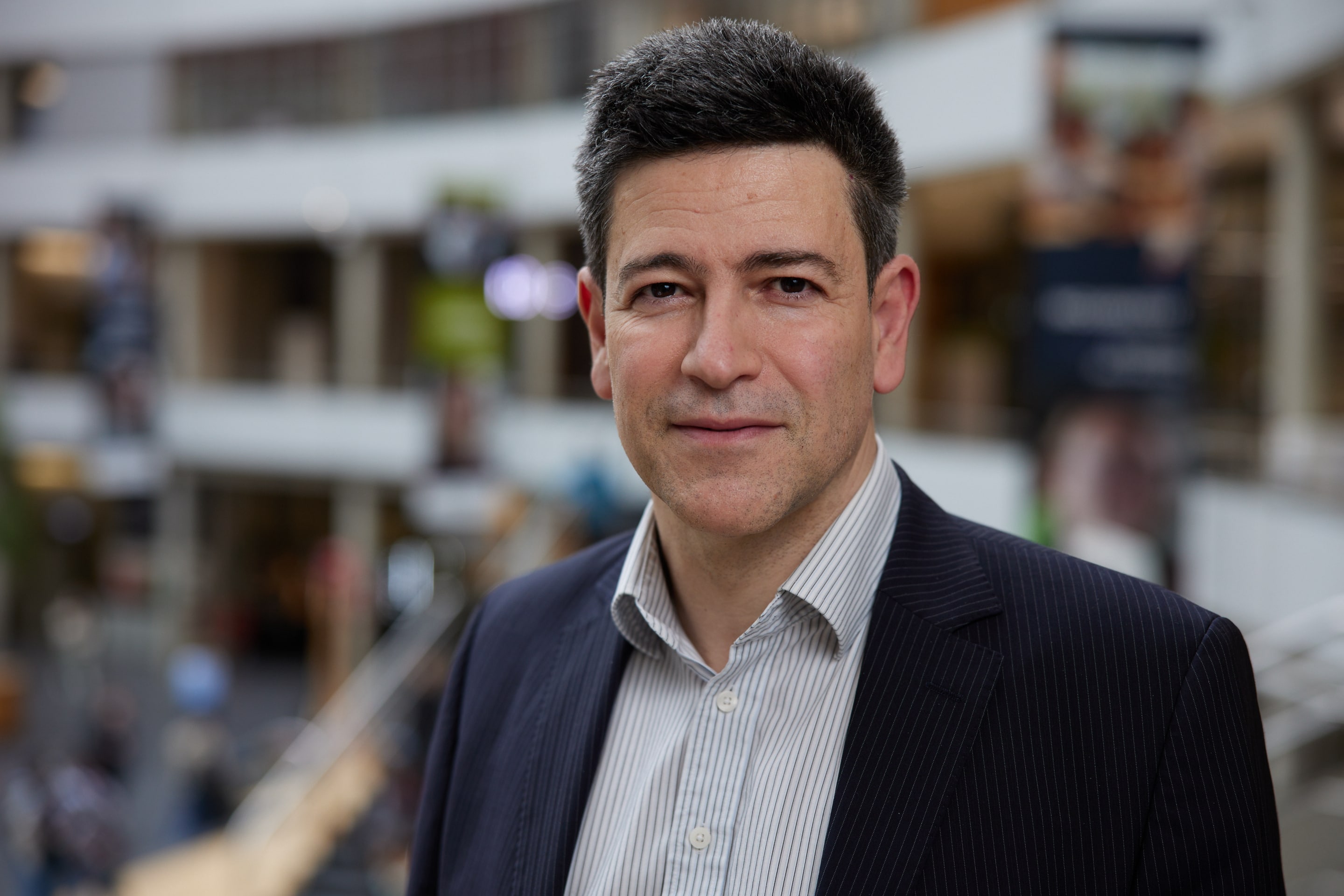
Through our research we advance the knowledge and shape future research in Data Science and AI.
Team
Binnen ons lectoraat werken onderzoekers, docent-onderzoekers en studenten nauw samen met praktijkpartners om onderzoek te verrichten. Samen zetten zij zich in om de resultaten van het onderzoek -kennis en inzichten- te vertalen naar de praktijk van het onderwijs en de regio.


